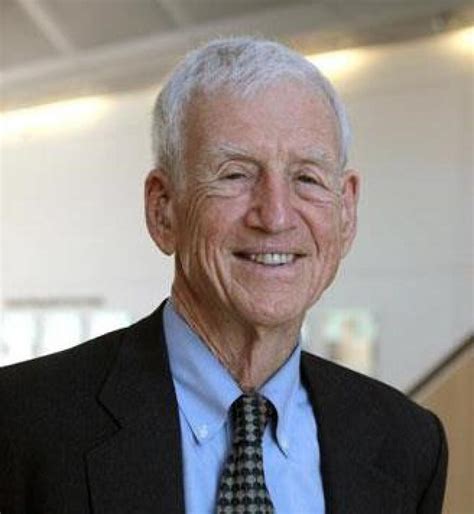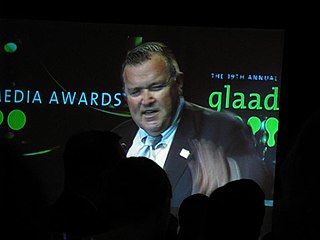A Quote by Michael Specter
I started to write about science and medicine at the Washington Post, in the early days of the AIDS epidemic.
Related Quotes
The AIDS disease is caused by a virus, but the AIDS epidemic is not. The AIDS epidemic is fueled by stigma, by hate, by misinformation, by ignorance, by indifference. Science has accomplished miracles over the past 20 years, and science can now end this disease - but it cannot end the epidemic. We need more than medicine. We can do something about these things. We need to speak out about the changes we need to make in our society.
Drug warriors' staunch opposition to needle exchanges to prevent the spread of HIV in addicts delayed the programs' widespread introduction in most states for years. A federal ban on funding for these programs wasn't lifted until 2009. Contrast this with what happened in the U.K. At the peak of the AIDS epidemic in the mid-1990s, the HIV infection rate in IV drug users in the U.K. was about 1%. In New York City, the American epicenter, that figure was 50%. The British had introduced widespread needle exchange in 1986. That country had no heterosexual AIDS epidemic.
When the AIDS epidemic first started there were people who said, "Well, if there weren't gays, then we wouldn't have this problem. It's got to be because of them - let it be them instead of us." But when you educate yourself about it, you can't help but realize that we're all affected by it. I think that things like that just become too daunting for people.






























